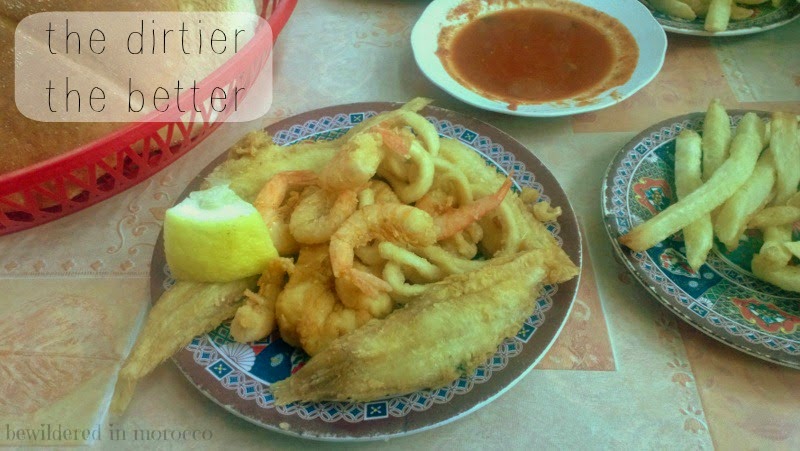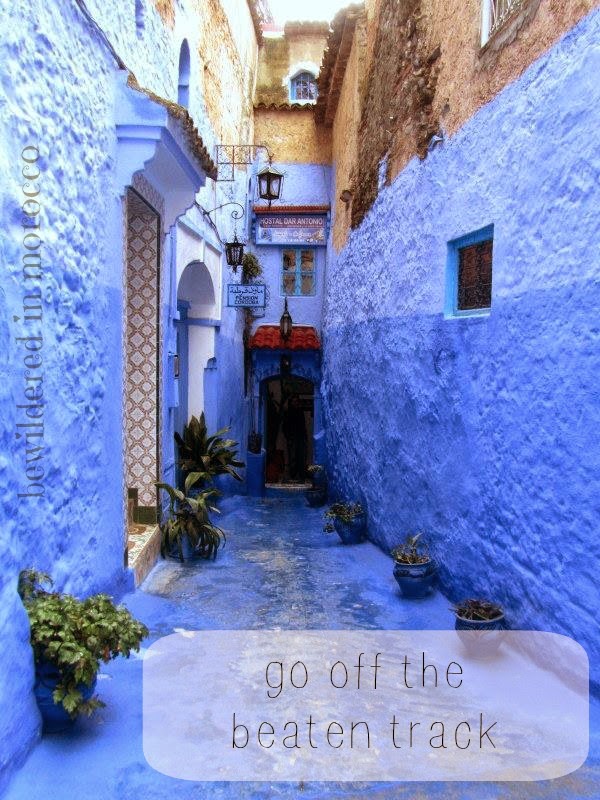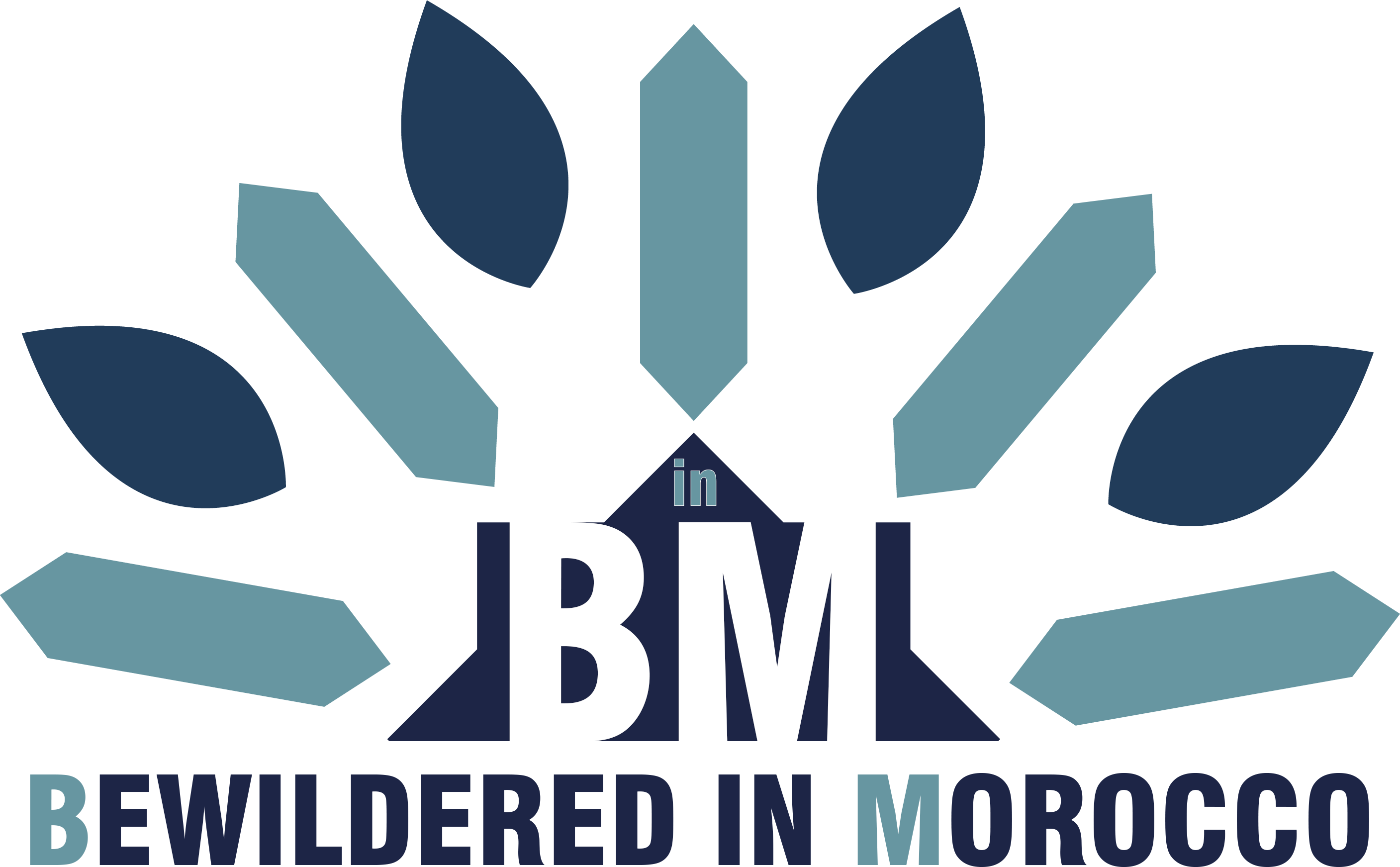Are you planning a trip to Morocco and hoping to experience it like a local? As someone who's called this vibrant country home since 2013, I've learned a thing or two about navigating Moroccan culture beyond what typical guidebooks tell you.
Guidebooks are wonderful for basic cultural insights and traditions, but they often miss the nuanced details of daily interactions, hidden food gems, and practical know-how that makes a trip truly memorable. After years of living as an expat in Morocco, I'm sharing my subjective (but tried-and-tested) guide to experiencing this beautiful country authentically.
Tip #1: The Dirtier, The Better (For Food!)
Yes, you read that correctly! When it comes to finding authentic Moroccan cuisine, those hole-in-the-wall places are absolute treasures. Want to know a local secret? Skip the tourist restaurants and look for these telltale signs of culinary excellence:
- Crowds of hungry locals standing in a somewhat chaotic line
- Paper napkins cut in irregular squares
- No-frills presentation (and perhaps some uninvited six-legged guests)
- Steaming pots of tagine or bubbling vats of harira soup
Why choose these spots? You'll pay at least four times less than at tourist traps, and you'll taste food like a Moroccan grandmother would make—no unnecessary additions or decorations, just pure flavor. Remember to leave your perfectionist mindset at home and embrace the beautiful chaos of authentic Moroccan dining!
Local tip: If you're in Marrakech, head away from Jemaa el-Fnaa square for at least three streets to find these hidden gems.

Tip #2: Expect the Unexpected
Morocco will constantly surprise you—sometimes delightfully, sometimes hilariously, and occasionally frustratingly. Here's what to prepare for:
Directness: Moroccan people can be refreshingly straightforward. Don't be shocked if a complete stranger offers unsolicited advice about your appearance or life choices. I once had an elderly lady approach me while shopping to say, "You're very beautiful, but you have to get rid of that belly!" Their directness comes from a place of genuine care, not malice.
Street dynamics: Begging exists in Morocco, and it requires discernment. Some individuals are truly in need, while others have turned begging into performance art. Set your boundaries in advance and stick to them, or consider supporting established charities instead.
Traffic chaos: If you've visited other parts of Africa or Asia, you'll recognize the creative interpretation of traffic rules. Lanes are suggestions, horns are conversation starters, and roundabouts are adventures! Consider using public transport or hiring a driver for less stress.

Tip #3: Dig Deeper!
The true magic of Morocco lies beyond the postcard destinations. While tourists flock to Marrakech, Casablanca (which isn't actually that romantic!), and Agadir's beaches, the real treasures await those willing to venture further.
Some of my favorite lesser-known spots include:
- Chefchaouen: Yes, the famous blue city deserves its reputation! The peaceful atmosphere and stunning blue streets offer a stark contrast to bustling Marrakech.
- Coastal villages: Just 50km from major tourist destinations, you'll find authentic fishing communities with fresh seafood and genuine hospitality.
- Mountain hamlets: The Atlas Mountains hide small communities where time seems to move differently.
Research places off the tourist trail and prepare to be amazed. You'll not only experience a more authentic Morocco but also enjoy more meaningful connections with locals and more budget-friendly prices. Remember: where tourists go, prices soar!

Tip #4: Master the Art of Bargaining
Bargaining isn't just about saving money in Morocco—it's a cultural tradition and sometimes even a form of social connection. However, there's a delicate balance to strike:
Know your limits: Have a maximum price in mind before starting negotiations, and be prepared to walk away if it exceeds that number.
Location matters: In tourist hotspots like Marrakech's souks, prices start much higher, and vendors are practiced in handling tourist negotiations. In less-visited cities, you'll find more reasonable starting prices.
Be respectful: Remember that merchants need to make a living. Extreme haggling over a few dirhams might save you pennies while significantly affecting a local's daily income.
The bargaining dance: Start at about 30-40% of the initial asking price and work your way up gradually. Smile, be friendly, and treat it as a cultural exchange rather than a battle.
Pro tip: If you're quoted a price in euros, always switch to dirhams—it's almost always a better deal!
Tip #5: Get a Local SIM Card!
This practical tip can transform your Moroccan experience. A local SIM card costs just 30 dirhams (about €3) and is available in any shop labeled "teleboutique" or at official carrier stores (Inwi, Maroc Telecom, or Meditel).
Why it's essential:
- Budget-friendly communication: Make local calls to hotels, restaurants, or tour guides without astronomical roaming fees
- Navigation: Use maps and ride-sharing apps without depleting your data
- Safety net: Having reliable communication provides peace of mind
- Local experience: Use the same apps that Moroccans use for food delivery, transportation, and more
Just ensure your phone is unlocked before your trip, and bring your passport when purchasing a SIM card.
Tip #6: Pick Up Darija Basics
While French is widely spoken throughout Morocco, and English serves well in tourist areas, learning a few words of Moroccan Arabic (Darija) works like magic. The genuine smiles you'll receive when attempting even basic phrases make the effort worthwhile!
Start with these essentials:
- Salam alaikum (sah-lahm ah-lay-koom): Hello/peace be upon you
- Shukran (shoo-krahn): Thank you
- La shukran (lah shoo-krahn): No, thank you (useful with persistent vendors)
- Smehli (smeh-lee): Excuse me
- B'shhal? (beh-shal): How much?
- Mezyan (mez-yan): Good/nice
Most Moroccans appreciate any attempt to speak their language and will happily help you learn more words during your stay!
Tip #7: Be Smart With Your Valuables
This advice applies anywhere, but it's particularly important when traveling: be strategic about what you carry with you. As someone who stands out as a foreigner, it's wise to take precautions:
- Keep your passport and extra credit cards locked at your accommodation
- Carry only the money you need for each day
- Use money belts or hidden pouches in busy areas
- Make digital copies of important documents
- Split up your cash between different pockets or bags
My flatmate initially carried all her cards and documents until I convinced her otherwise. The very next day, she lost her wallet—but thankfully had left her important items safely at home!
Remember that replacing lost documents or cards abroad is exponentially more difficult than at home. Imagine having all your funds tied to a lost card at the beginning of your journey—that's a true travel nightmare!
